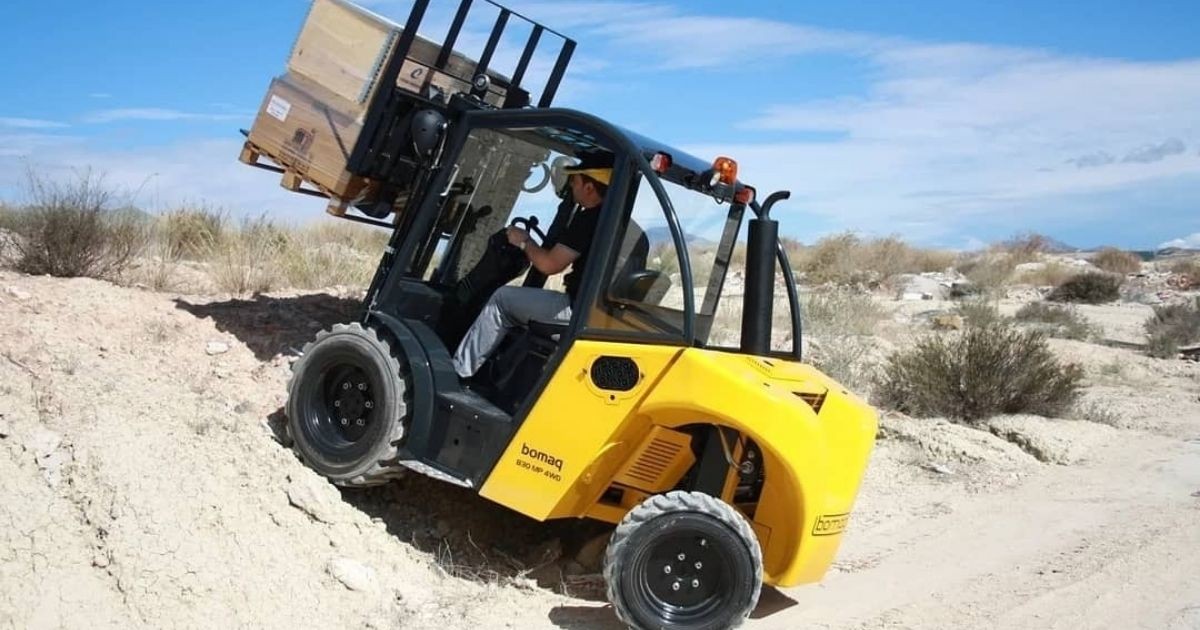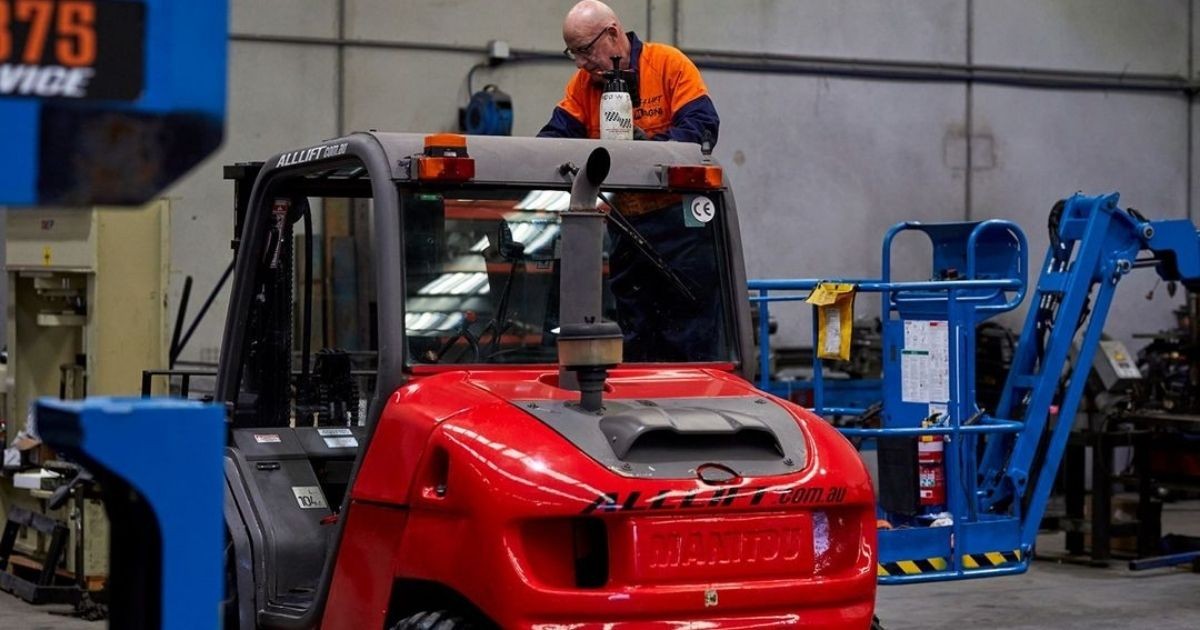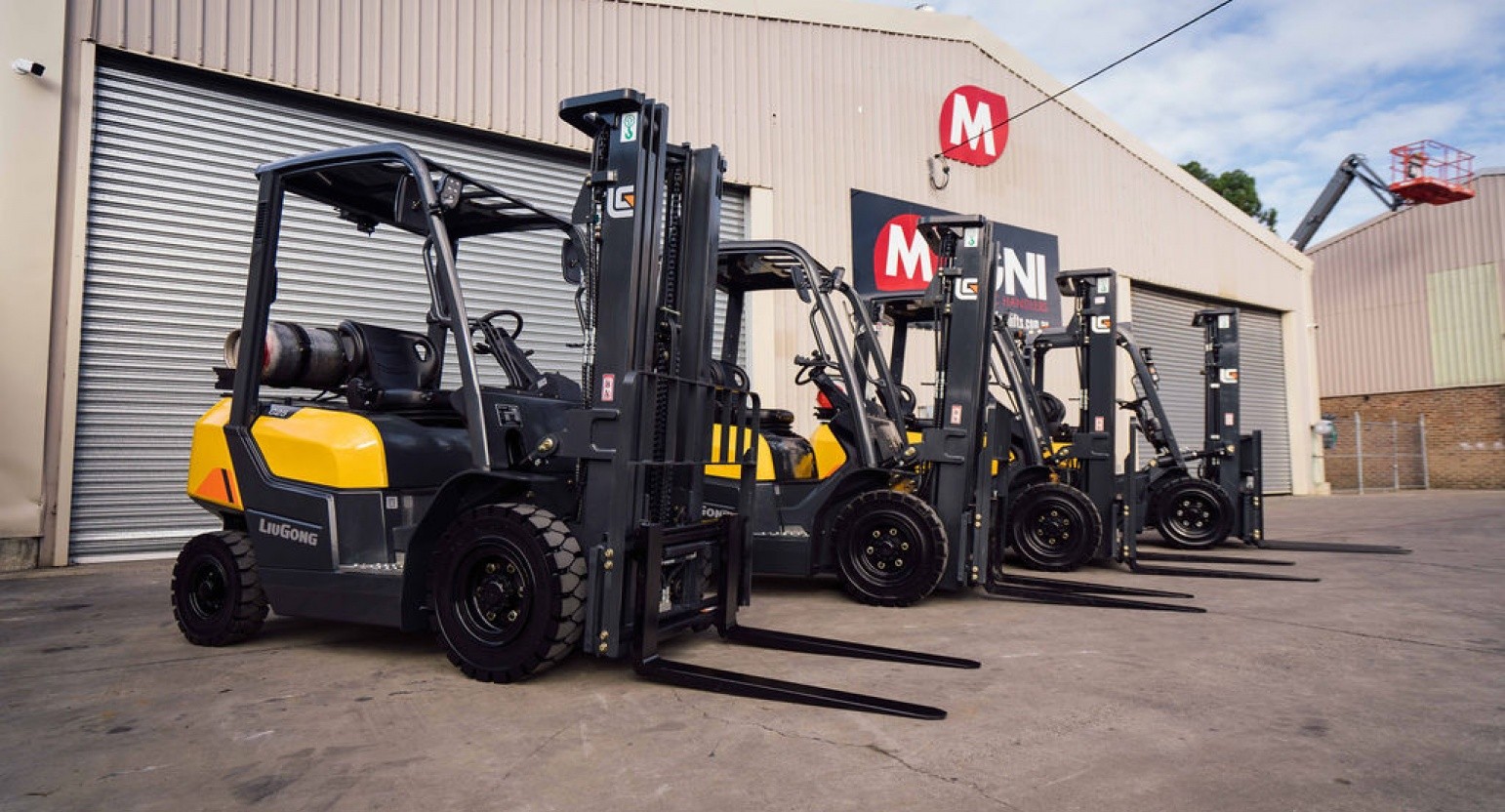How much diesel does a forklift use per hour?
How much diesel does a forklift use per hour?
Quick answer: around 2.6L per hour of diesel is consumed in a diesel forklift. This is compared to the 3L of their LPG forklift counterparts.
However, just because they run on less per hour, and diesel fuel is typically lower in price, there are things you can do to get the most out of your fuel that will benefit your efficiency and your bottom line.

What chews up diesel fuel in a forklift?
If you’ve ever been in close proximity (or, actually, even a fair distance away from one) you’ll know the grit the diesel forklift has, and it’s a bit of a giveaway for where the fuel directs its energy. Known for their loud operation and strict outdoor use due to the carbon emission, their torque power is a lot higher than electric and gas powered forklifts which allows them to work on rough terrain, with heavier loads, over longer periods of time.
Extremely hard working, these machines are often working under a lot of pressure (literally) and this will chew through fuel consumption. However, generally, they hold up a lot longer. This can be for a variety of reasons, but as they are made for heavy duty work for long bouts, it’s likely the consistent use of the diesel forklift that keeps the fuel per hour lower.
With that…

What can you do to keep your diesel fuel consumption down in a forklift?
Although by design it holds up quite well on the fuel consumption front, there are ways to keep getting more for your buck on these machines.
Shut down when not in use
When your diesel forklift isn’t in operation it should always be turned off at the ignition and shut completely down. This is a general OH&S requirement for the safety of everyone on site anyway, but it’s upshot byproduct is that by not ever leaving it running idle, you are never wasting fuel consumption.
Gradual acceleration
Much like any vehicle, including your car, keeping the machine at a consistent speed, accelerating gradually and minimising quick spikes to speed will extend your fuel efficiency. As mentioned, the torque on a diesel forklift engine is more than LPG and electric, and for good reason - the hard yakka jobs they’re used for require it. But be as gradual as possible in reaching that power capacity. Also, this is best practice for safety.
Maintenance
You only want the power of the machine to come from the work you need it to do, and not be directed to defects that aren’t being looked after. How your machine is running is as conducive to fuel efficiency as any other component of your work with it. This is especially the case for the tyres. If there is tyre damage, it’s far more demanding on the engine and you’ll be chewing up a lot more fuel than you need. Once again, keeping your machine well maintained is extremely important to the overall safety of the forklift and it’s a requirement to keep them in top condition. (We offer spare parts and maintenance services at All Lift. Call us today if you require any assistance).
Learn more about the different forklift types or browse our range of forklifts for sale. You may also like: How fast can forklifts go?





